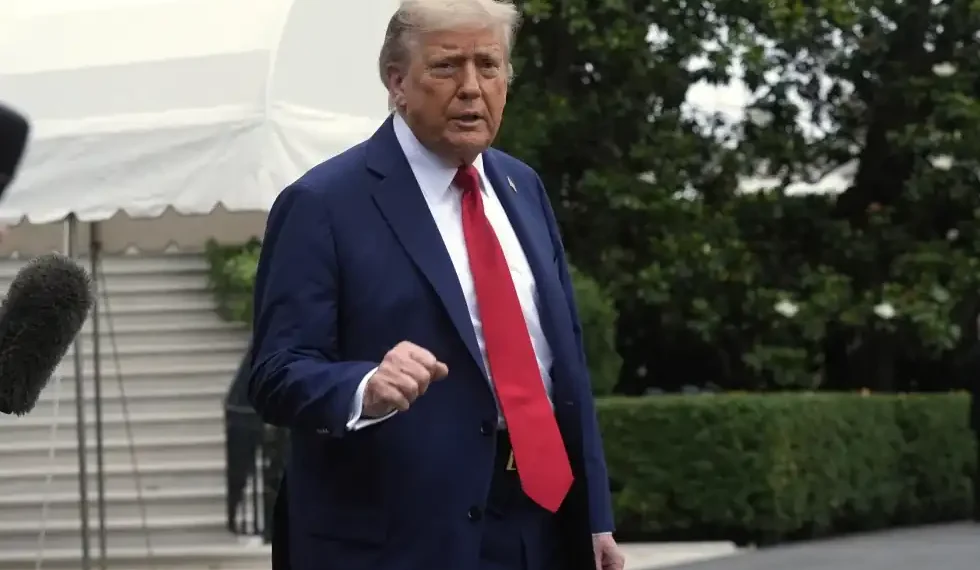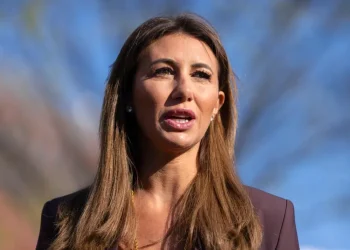Trump Administration Pressures 36 Countries to Tighten Traveler Vetting or Face Potential U.S. Travel Ban
WASHINGTON — The Trump administration has given 36 countries, most of them in Africa, just days to prove they can improve how they screen travelers—or risk seeing their citizens barred from entering the United States.
According to a diplomatic cable sent over the weekend and reviewed by the Associated Press, U.S. embassies and consulates in those countries have been instructed to get answers by Wednesday on whether governments are willing to beef up travel documentation standards and cooperate with U.S. deportation efforts. Nations that fail to satisfy U.S. concerns within 60 days could be added to the existing travel ban list, which currently includes 12 countries.
A New Push on Travel Vetting
This move marks the latest effort by the Trump administration to crack down on visa overstays and enforce stricter immigration and national security policies. President Trump has repeatedly argued that some countries have “deficient” vetting systems and have historically been unwilling to accept their citizens once deported from the U.S.
While the administration hasn’t said whether countries that are cooperating but don’t hit all benchmarks by the deadline would face immediate restrictions, the tone of the cable makes clear the U.S. is expecting fast and meaningful progress.
Who’s on the List?
The list of 36 countries includes some traditional U.S. partners—nations like Egypt, Ethiopia, Liberia, Nigeria, and Djibouti, all of which have longstanding ties to Washington. Others, such as Syria and Congo, were previously left off initial bans but are now under scrutiny.
Of the 36 nations, 25 are located in Africa, highlighting a significant focus on the continent. Countries named range from Antigua and Barbuda to Bhutan, Cameroon, and Zimbabwe. Here’s a look at the full list:
Angola, Antigua and Barbuda, Benin, Bhutan, Burkina Faso, Cambodia, Cameroon, Cape Verde, Democratic Republic of Congo, Djibouti, Dominica, Egypt, Ethiopia, Gabon, Gambia, Ghana, Ivory Coast, Kyrgyzstan, Liberia, Malawi, Mauritania, Niger, Nigeria, St. Kitts and Nevis, St. Lucia, Sao Tome and Principe, Senegal, South Sudan, Syria, Tanzania, Tonga, Tuvalu, Uganda, Vanuatu, Zambia, and Zimbabwe.
What the U.S. Is Demanding
The administration wants these countries to:
- Improve screening and documentation for passport holders
- Cooperate with deportation requests
- Ensure their citizens don’t pose a security risk
State Department spokeswoman Tammy Bruce confirmed the push, emphasizing that trust in foreign vetting systems is essential. “We’re looking at a period of time where if countries don’t get to that point where we can trust them, they’ve got to change the system, update it, do whatever they need to do,” she said.
Already in Effect: 12-Nation Travel Ban
Earlier this month, President Trump expanded the U.S. travel ban to 12 countries and placed heightened restrictions on seven more, though no current visas were revoked. Instead, the policy blocks new visas from being issued.
The travel ban now affects countries such as:
- Afghanistan
- Myanmar
- Chad
- Republic of Congo
- Equatorial Guinea
- Eritrea
- Haiti
- Iran
- Libya
- Somalia
- Sudan
- Yemen
Additional visa restrictions were also placed on citizens from Burundi, Cuba, Laos, Sierra Leone, Togo, Turkmenistan, and Venezuela.
A Move That’s Stirring Global Response
Critics argue that the expanding travel restrictions may deepen diplomatic tensions and harm international relations. Some governments have already signaled possible retaliatory measures. Immigration advocates and refugee resettlement groups, meanwhile, warn that these policies foster division and punish citizens of developing countries.
Still, the administration maintains that these steps are about security, not politics.
As the 60-day clock ticks down, many nations—especially those with strong U.S. ties—will have to decide how quickly and how far they’re willing to go to stay off Washington’s growing travel ban list.
This article was rewritten by JournosNews.com based on verified reporting from trusted sources. The content has been independently reviewed, fact-checked, and edited for accuracy, neutrality, tone, and global readability in accordance with Google News and AdSense standards.
All opinions, quotes, or statements from contributors, experts, or sourced organizations do not necessarily reflect the views of JournosNews.com. JournosNews.com maintains full editorial independence from any external funders, sponsors, or organizations.
Stay informed with JournosNews.com — your trusted source for verified global reporting and in-depth analysis. Follow us on Google News, BlueSky, and X for real-time updates.














